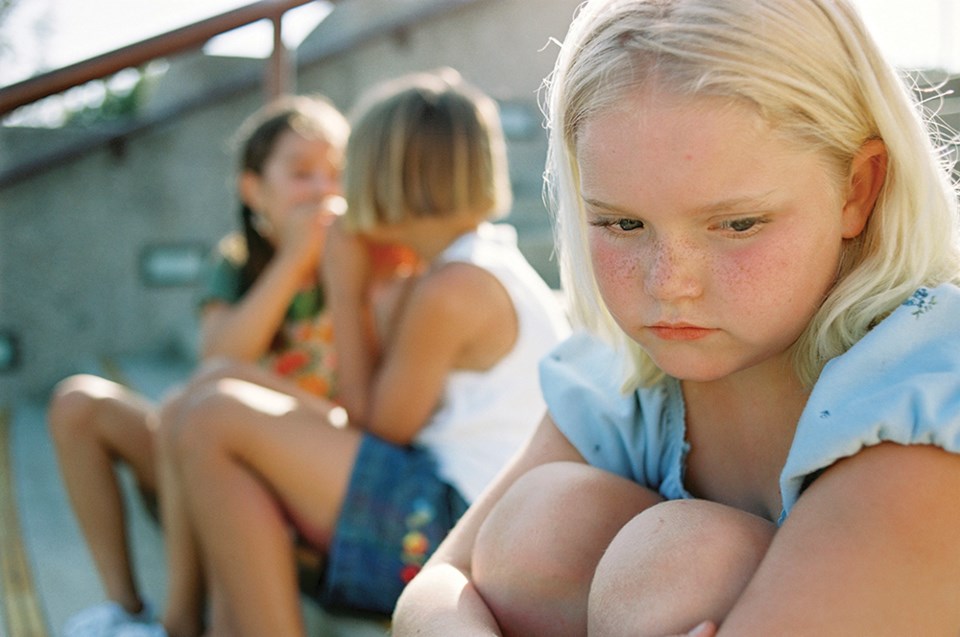Many adults may recall being bullied or witnessing bullying when they were in school. Despite that, it’s important that adults, including parents and educators, not see bullying as an inevitable part of growing up. The effects of bullying can be severe, affecting those involved — including the bullied, the bullies and those who merely witness bullying — long after their school days have ended.
Bullying has been linked to various negative outcomes, mental health issues, substance abuse and suicide.
When taking steps to combat bullying, parents and educators should not overlook the benefits of enlisting children in their efforts. Kids can be great allies in the fight against bullying, and the following are some ways adults can work with youngsters who want to stop bullying.
Teaching kids to respect others:
It’s important to teach kids to treat everyone, including other children, with respect. Parents can teach kids to pause before saying or doing something that can be harmful to someone else. Bullying inflicts physical and emotional pain on its victims, so teaching kids to recognize that words can be just as harmful as fists may encourage them to think twice before saying something mean to a classmate.
Advise children to do something else if they feel an urge to say or do something mean. Walk away from a situation to watch television, play a video game or engage in another activity rather than saying or doing something hurtful.
What kids being bullied can do:
Kids being bullied also can employ certain strategies to overcome bullying, such as looking at bullies and telling them to stop in a calm, clear voice. Laughing it off might also work for kids who find joking comes naturally to them. They should be advised against fighting back, instead suggesting kids walk away and stay away before finding an adult who can stop the bullying on the spot.
Encouraging students to confide in adults they trust also can help them overcome bullying and the feelings of loneliness that bullying can elicit. Trusted adults can help children devise a plan to stop the bullying. Most bullying happens when adults are not around, so staying near adults and other children can help kids avoid situations where they might be vulnerable to bullies.
What witnesses to bullying can do:
Bullying can have a negative impact on children who witness bullying, even if they aren’t the victims. Adults can encourage children to speak to trusted adults and to report instances of bullying. In addition, children should be encouraged to be kind to children who are being bullied, inviting them to sit with them on the bus or in the lunch room and engaging them in conversations about topics that interest them.
Bullying affects children whether they’re being bullied, doing the bullying or witnessing it. But bullying can be overcome if adults and children work together and keep lines of communication open at all times.
Source: U.S. Department of Health and Human Services




